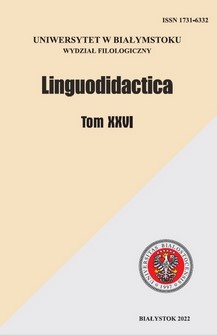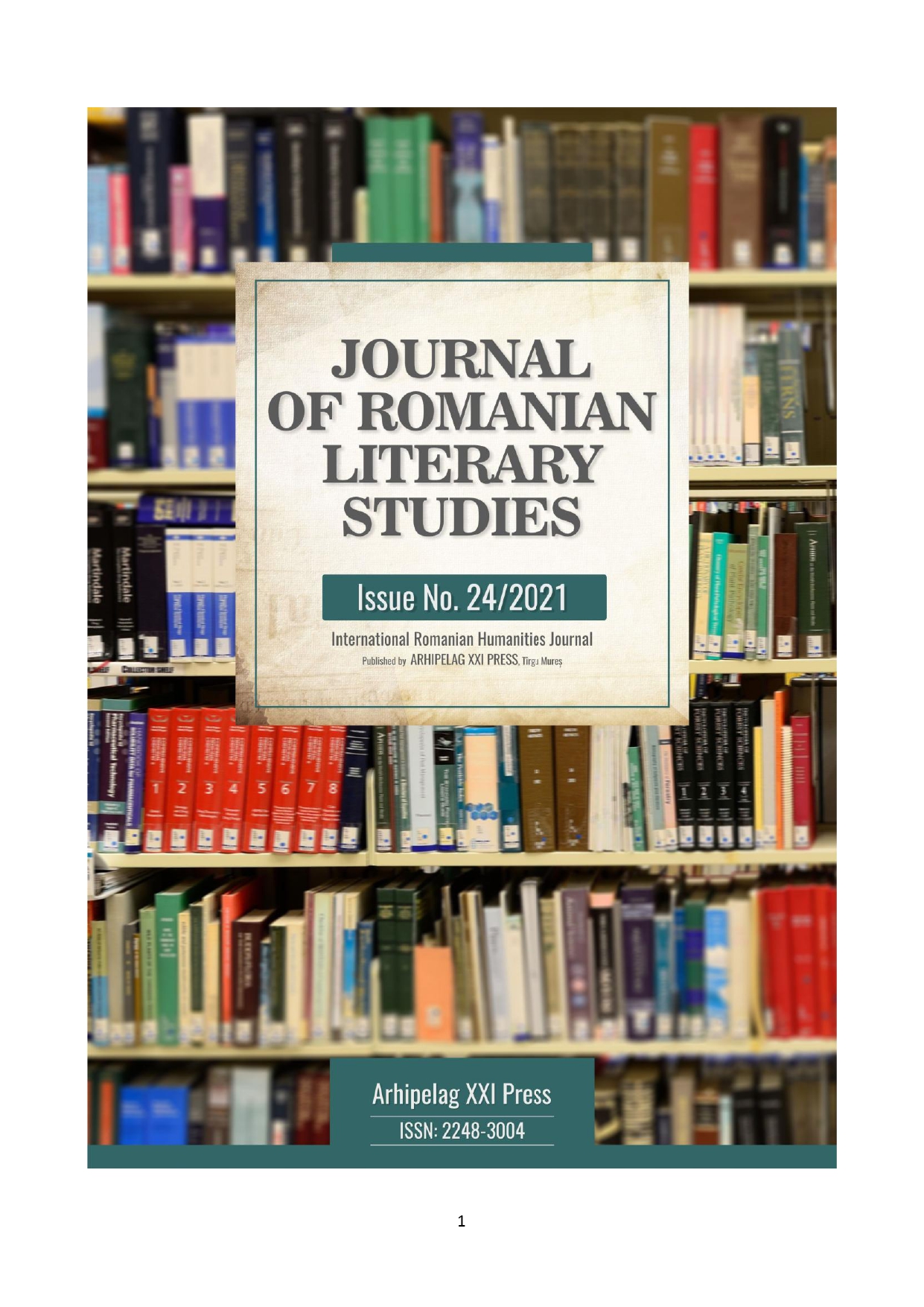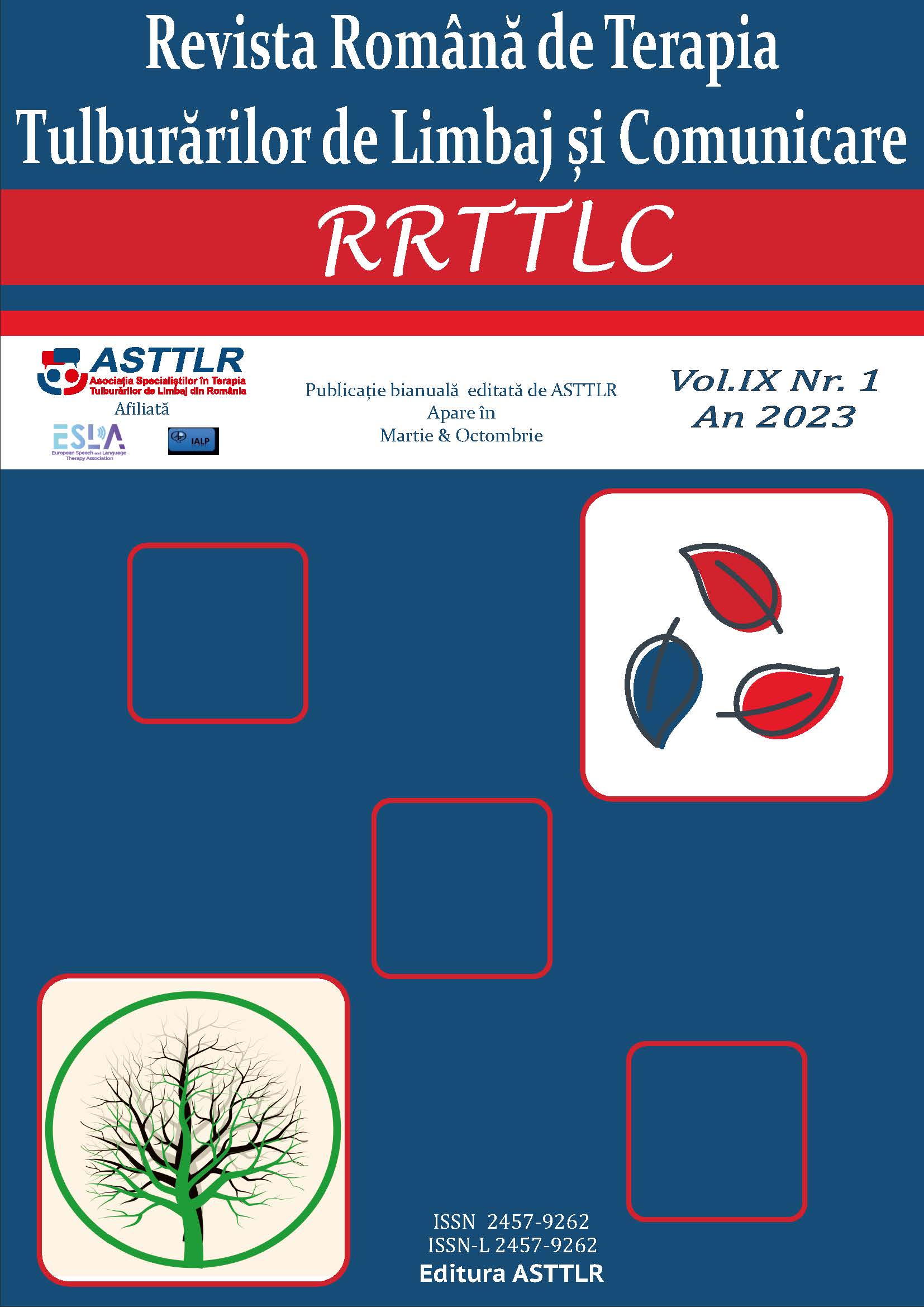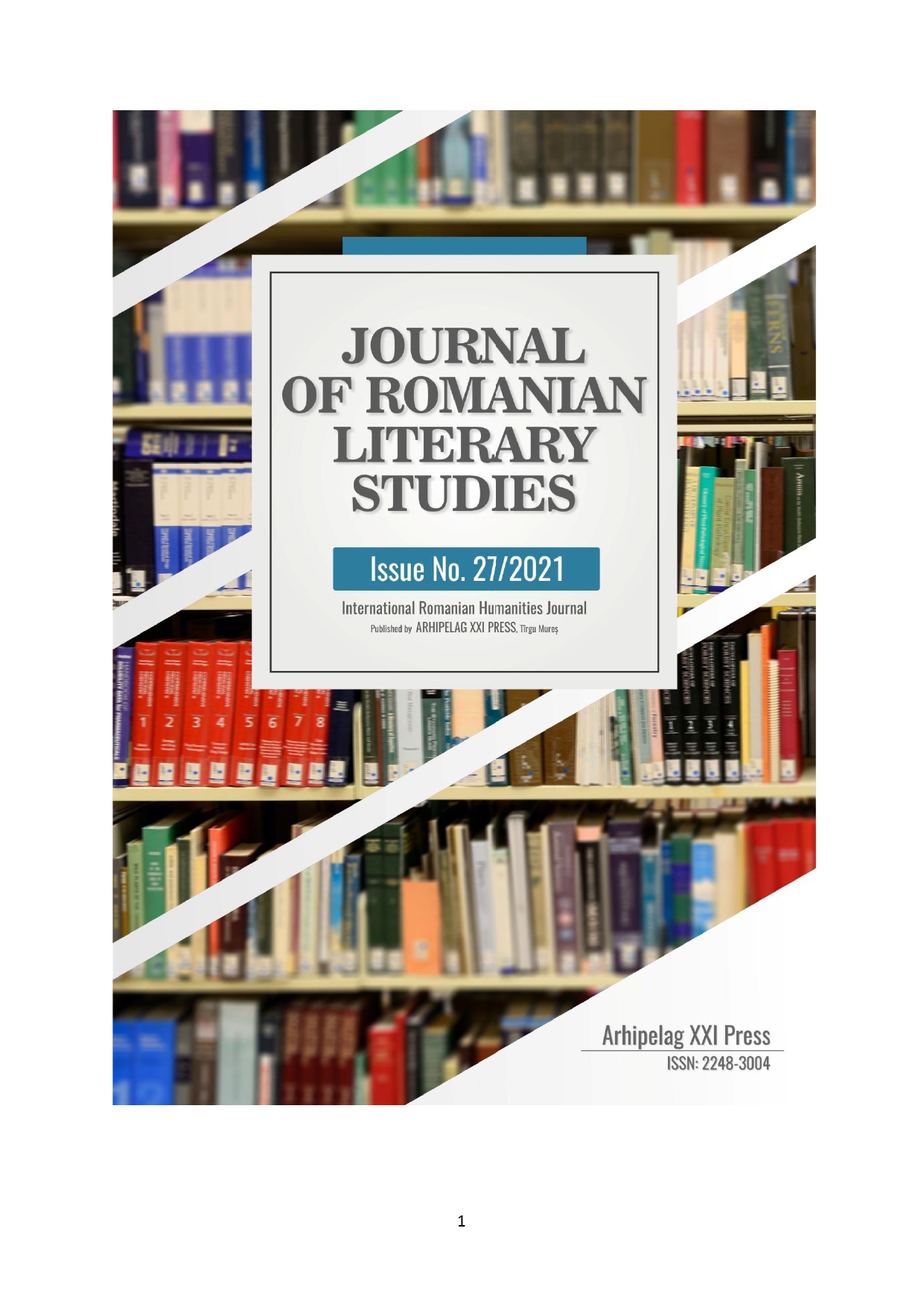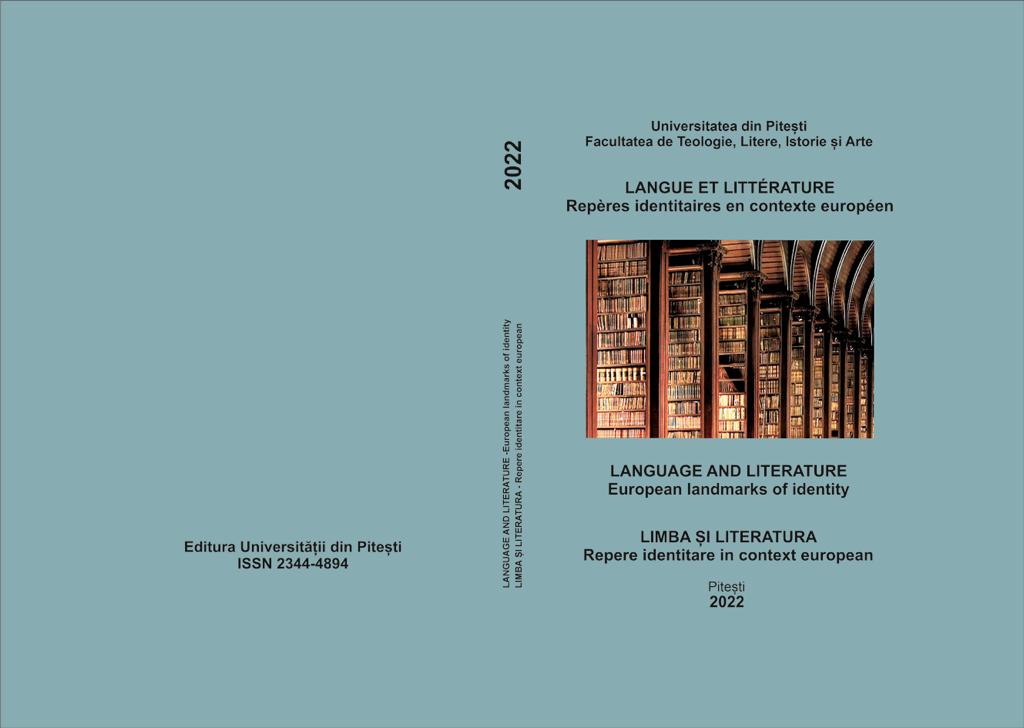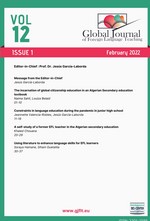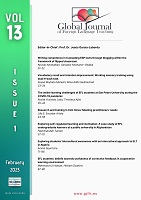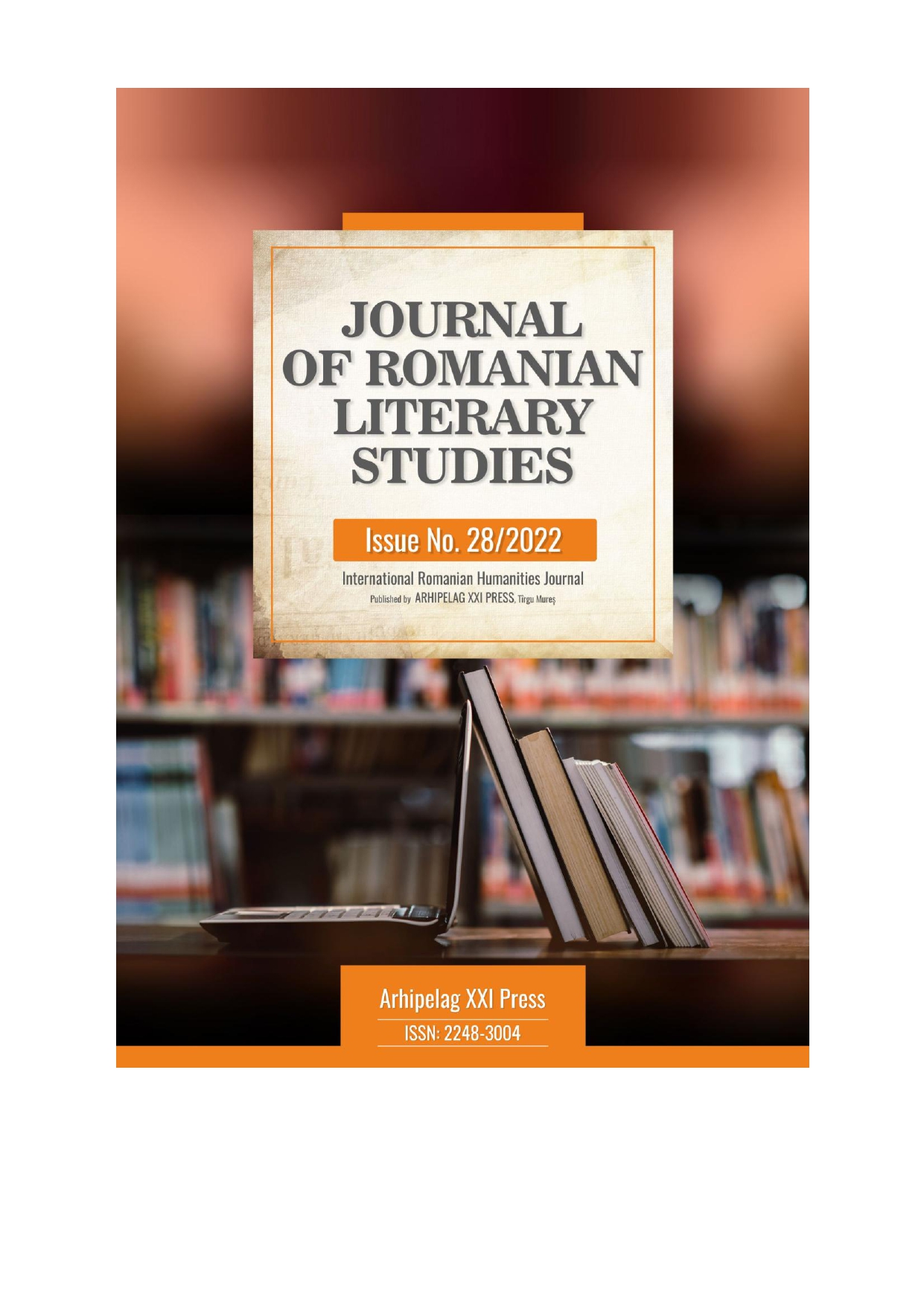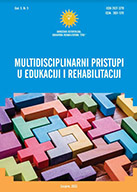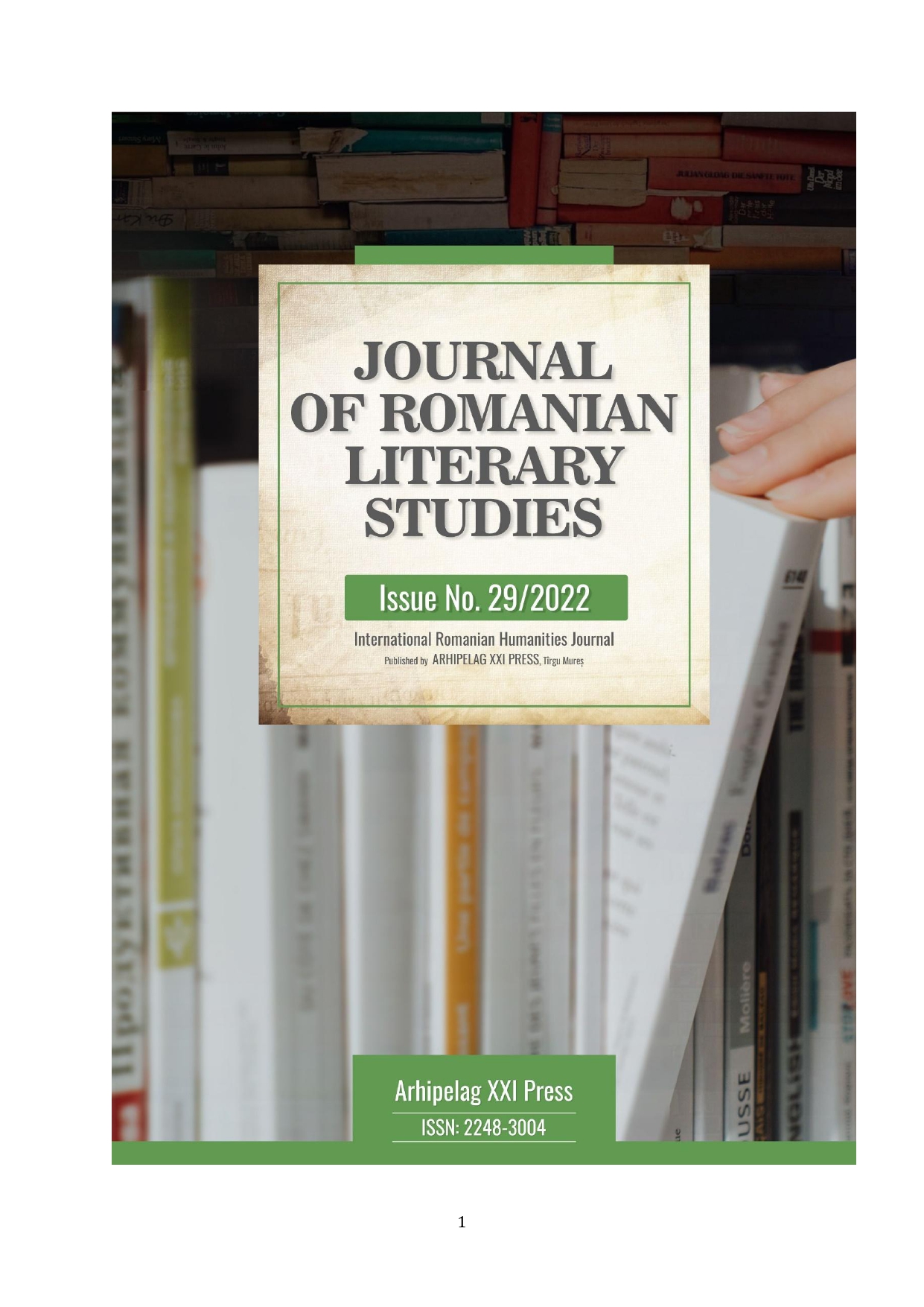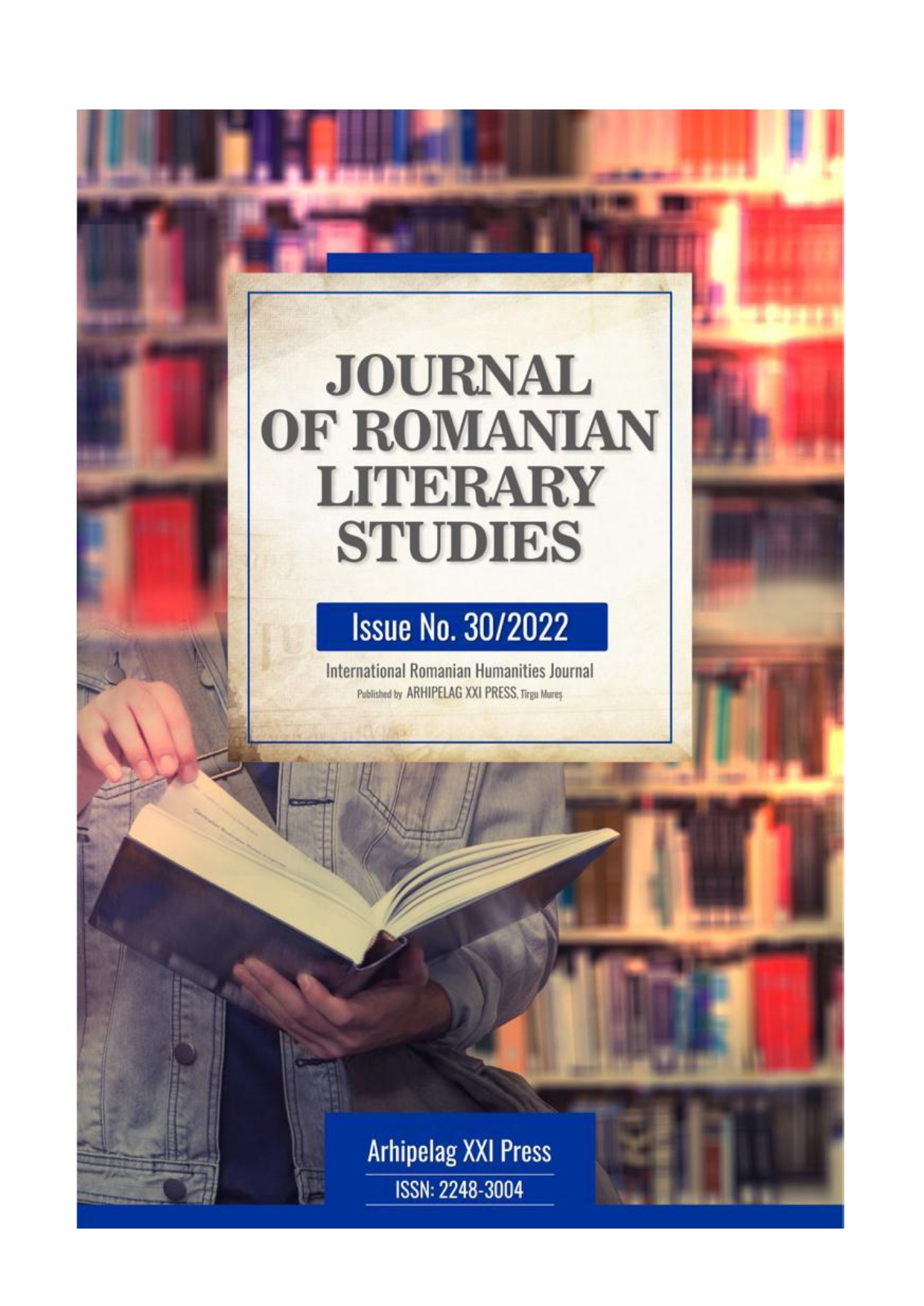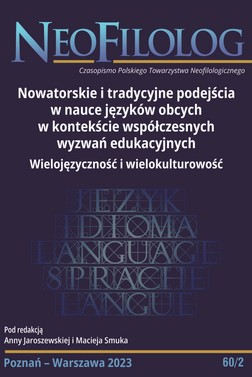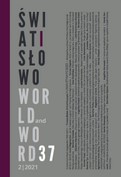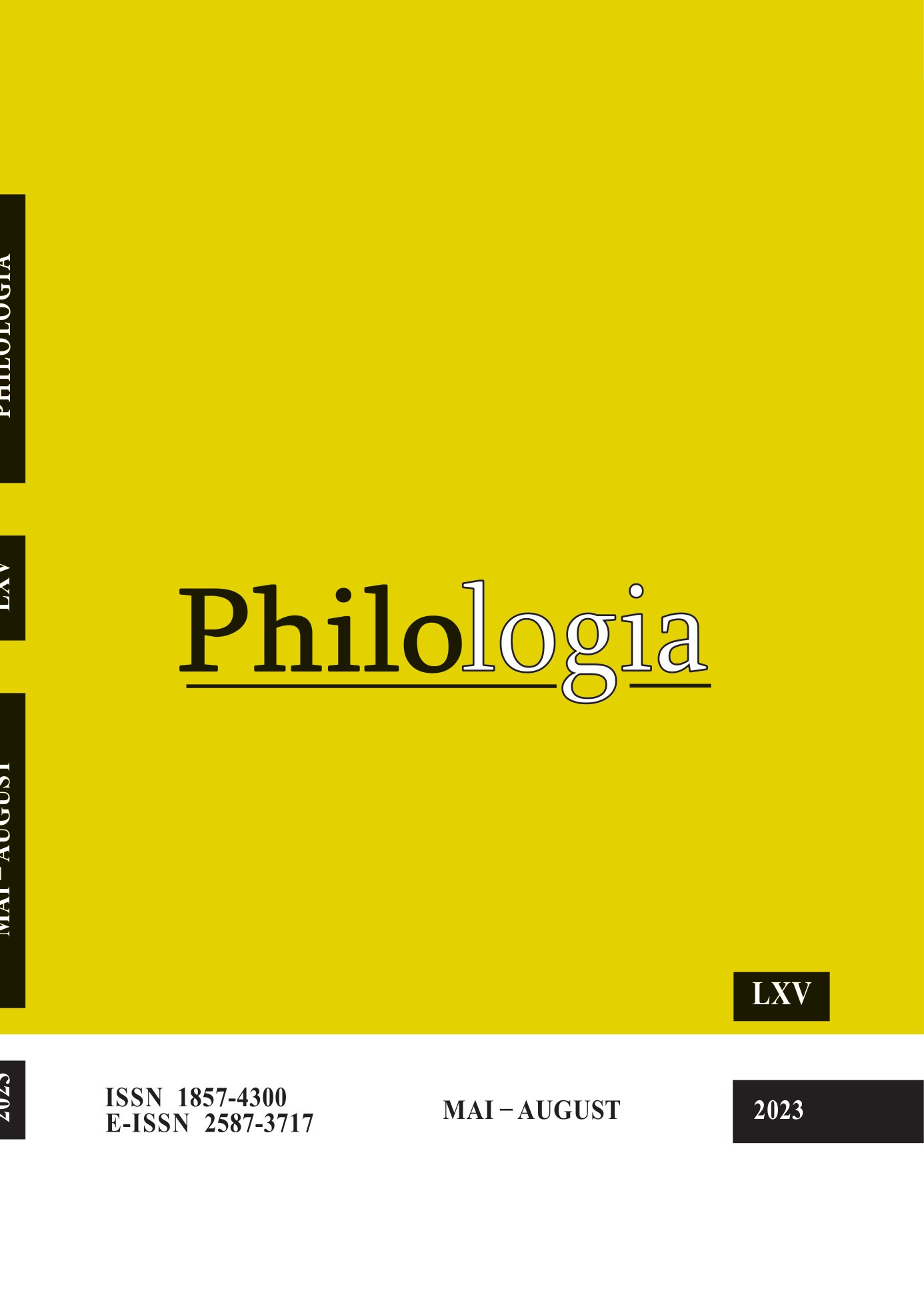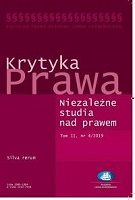Author(s): Felicia Rodica Aliu / Language(s): Romanian
Issue: 24/2021
DOOM2 contains 62,000 words: the entries in DOOM1 have been preserved, to which about 2,500 new words have been added, marked with an asterisk. The exclamation mark (!) placed before a title word marks that word in DOOM1 that was altered. Their number is about 3500. The 2500 new words are not mostly neologisms as one might think at first glance, but internal neological formations, created by derivation, composition, change of morphological class, abbreviations and other mixed means. This article aims to discuss these procedures, using the words recorded in the letter "c" in DOOM 2, entries that represent 13.08% of the total. Of the 327 words marked with an asterisk from the letter "c", 90 are derived and 59 compound, and the rest are proper nouns and neological words and in a small number words from the main lexical fund, more precisely from the family register and regional, known and used by speakers, but not mentioned so far, in a lexicographical work, which shows that the Romanian language is predominantly derivative. From a morphological perspective, the best representation is the noun, followed by the adjective and the verb, for which a superficial contact between related languages was enough. The etymological perspective leads us to the French language, the main donor, more often than not on the Latin chain, so that we can speak of multiple etymology. English also brings its scientific and technical terminology.
More...
